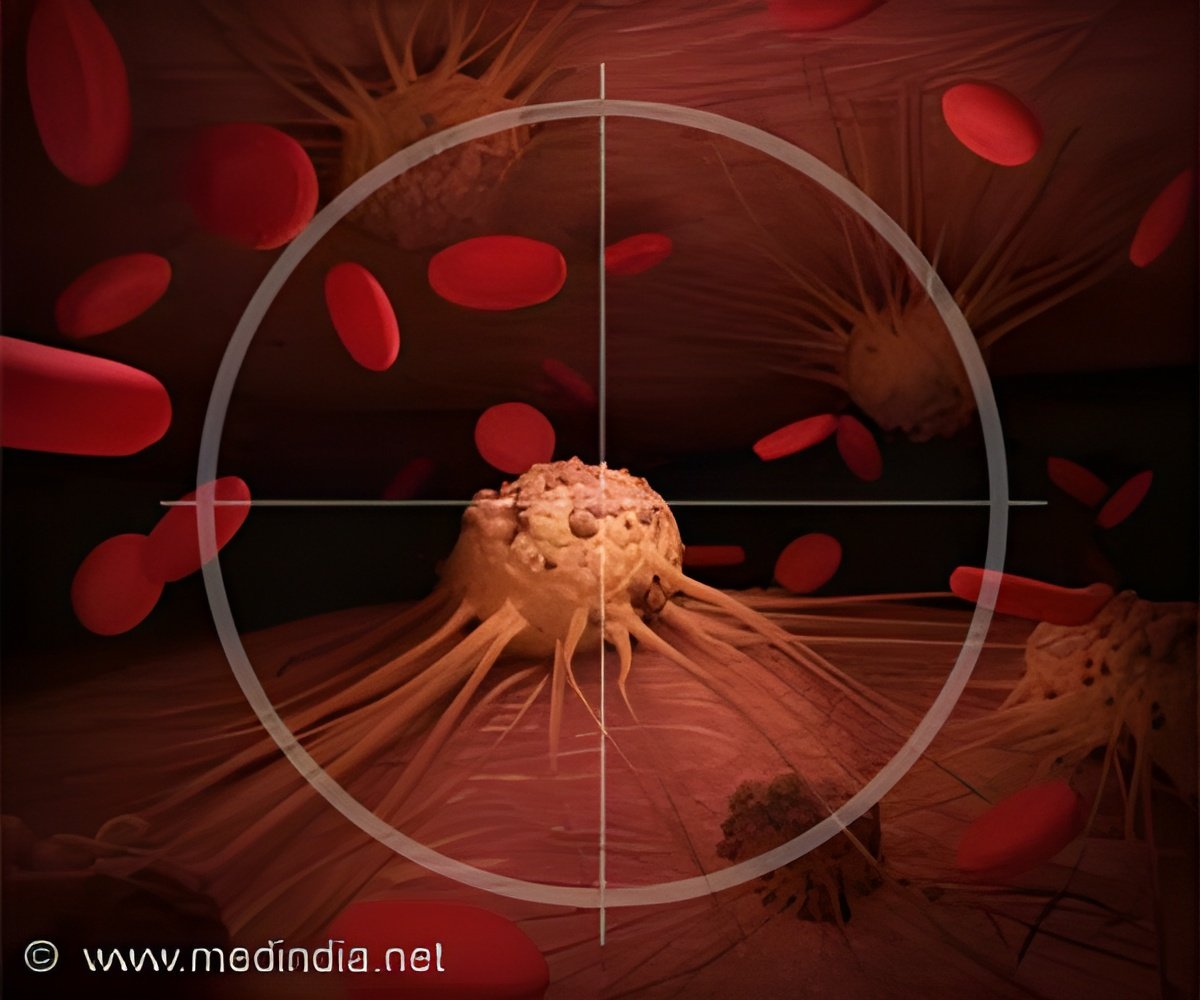
‘Smart cell therapies – living medicines can kill a cancer cell without affecting healthy cells. The therapy utilizes the blend of cell engineering and advanced computational methods to add a new dimension towards cancer therapy.
’
Tweet it Now
"Currently, most cancer treatments, including cell therapies, are told 'block this,' or 'kill this. We want to increase the nuance and sophistication of the decisions that a therapeutic cell makes", said Lim, professor and chair of cellular and molecular pharmacology and a member of the UCSF Helen Diller Family Comprehensive Cancer Centre.Smart Cell Therapy :
Chimeric antigen receptor (CAR) T-cell therapy has gained a lot of attention in the treatment for cancer, where the patient’s immune cells are withdrawn from their blood and manipulated to recognize cancer cells. Though this treatment proves beneficial in blood cancers like leukemia and lymphoma, its efficacy is lacking in solid tumors like that of breast, lung, or liver. The reason is due to the similarity in cancer antigens with that of normal cells.
An antigen is a type of protein/ substance that provokes an immune response against self. The body’s immune system recognizes foreign antigens as an alert signal to produce antibodies against it.
The researchers explored almost 2,300 genes of public databases to analyze the differences between normal and tumor cells. They combined machine learning techniques – synnotchand Boolean logic, to detect a logical combination of antigens that can trigger an immune response targeted only against cancer cells, leaving the normal cells – untouched.
Advertisement
"This work is essentially a cell engineering manual that provides us with blueprints for how to build different classes of therapeutic T cells that could recognize almost any possible type of combinatorial antigen pattern that could exist on a cancer cell," added Lim, "You're not just looking for one magic-bullet target. You're trying to use all the data."
Advertisement
Source-Medindia












